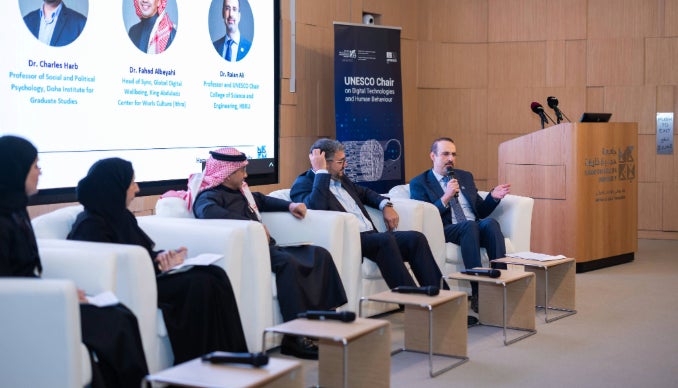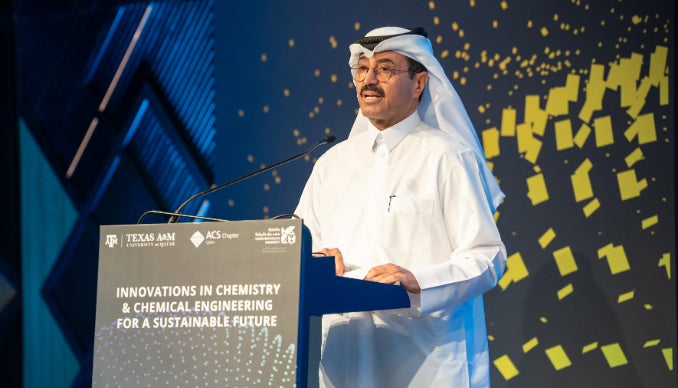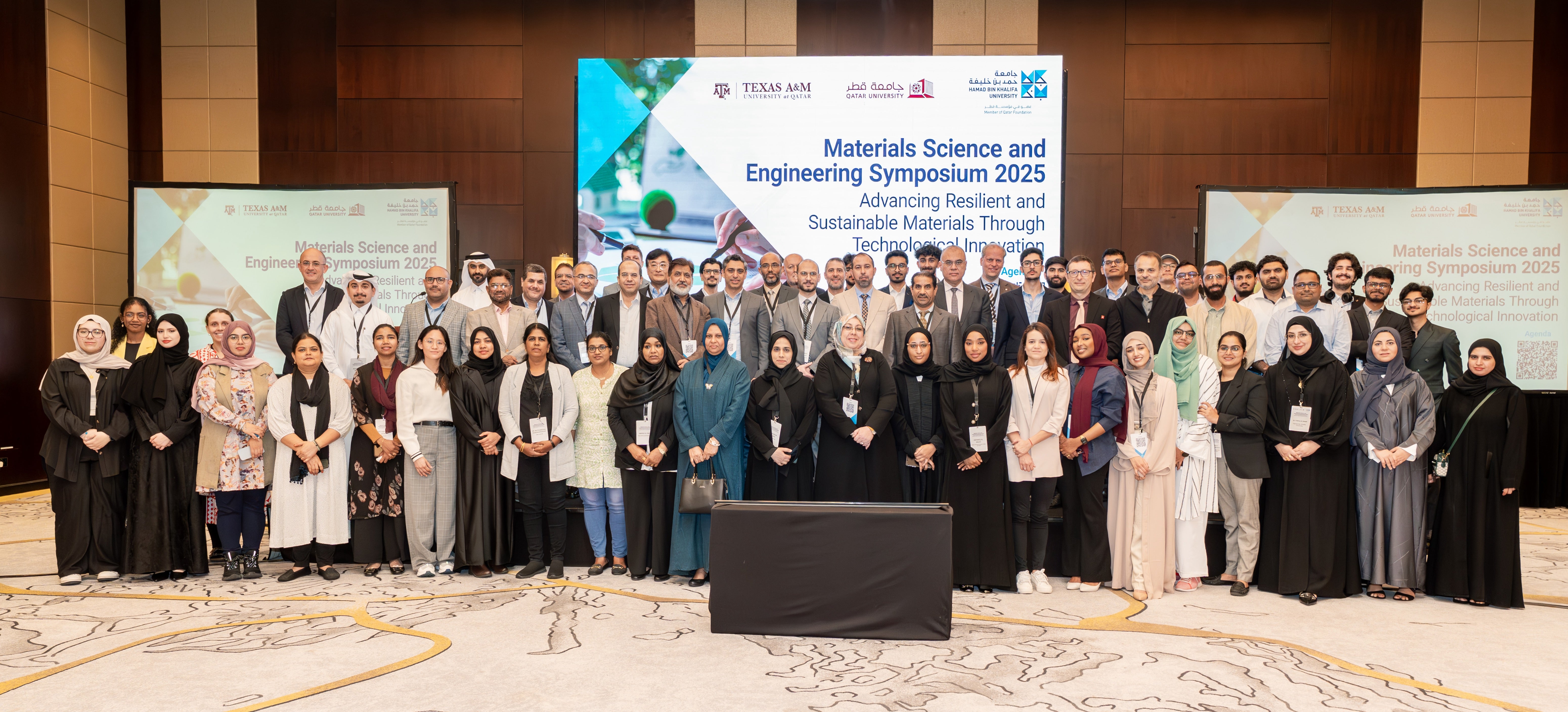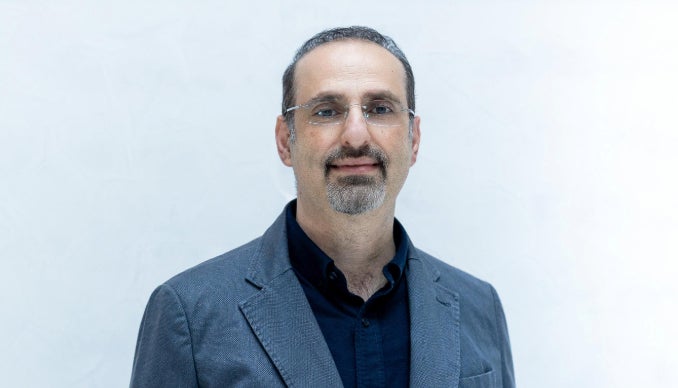New study applies artificial intelligence for lung cancer patients, affirming CSE’s role as authoritative hub for novel technologies

Leveraging cutting-edge machine learning and computational simulation methods, Dr. Tanvir Alam, Assistant Professor at the College of Science and Engineering (CSE), Hamad Bin Khalifa University (HBKU), conducted a collaborative study with the potential to advance AI-enabled personalized treatment for lung cancer patients.
To help in tackling drug resistance in lung cancers with a mutated epidermal growth factor receptor (EGFR), the multidisciplinary group of researchers have developed a highly accurate drug response predictive model using machine learning and molecular dynamics (MD) simulation. Dr. Alam collaborated with researchers from Pakistan and Hong Kong, and their article has been published in Nature Portfolio’s Scientific Reports, the fifth most-cited journal in the world.
In the last decade, rapid progress has been made in developing therapies that target EGFR-mutated lung cancer. At the initial stage of therapy, TKIs (targeted tyrosine kinase inhibitors) show encouraging results for survival rates and quality of life. However, because drug resistance appears in many cases, predicting patients’ responses to TKIs is a key research area. Dr. Alam and his team have proposed the personalized drug response prediction model (PDRP) to predict responses to Gefitinib and Erlotinib, small molecule TKIs approved by the US Food and Drug Administration (FDA) as a first line treatment for lung cancer patients with EGFR mutations. The proposed model combines the geometric information of the drug-target binding site and the binding energy using MD simulation, with patients’ clinical and demographic information, to predict response levels of drug response.
Dr. Alam expanded: “Our proposed personalized drug response prediction (PDRP) model achieves state of the art performance in predicting FDA-approved drug responses for lung cancer patients. The combination of clinical, geometric, and energy related information boosted the performance of the machine learning model, and provide highly accurate personalized drug response level for the patients.”
Dr. Rizwan, a post-doctoral fellow in Dr. Alam’s group, noted: “The proposed AI model has significant implications when considering that EFGR-mutated lung cancer is a major contributor to lung cancer mortality worldwide. Drug resistance can affect treatment plans and reduce the effectiveness of treatment after about a year.”
Highlighting its promising future applications for clinical practice, Dr. Alam said: “What makes the prediction model especially exciting is that it is generic and can be tested on other types of cancers. With further work, the PDRP can ultimately support the planning of effective treatment regimens based on clinical-genomic information.”
Dr. Mounir Hamdi, the Founding Dean of CSE, HBKU, commented: “This remarkable contribution shows the potential of CSE, HBKU to empower personalized approaches in the fight against cancer and other diseases. This will also create new opportunities for CSE, HBKU to dedicate our expertise and cutting-edge computational capabilities to drive the insights into precision medicine and personalized health.”
For more information on the programs and initiatives at the College of Science and Engineering, please visit cse.hbku.edu.qa
Related News

Hamad Bin Khalifa University Study Reveals Organizational Gaps, Identifies Strategic Opportunities in Women's Sports

Hamad Bin Khalifa University Partners with Swiss Health Tech Xaidi to Support Qatar’s National Autism Plan

UNESCO Chair on Digital Technologies and Human Behavior Launched at Hamad Bin Khalifa University

HBKU, TAMUQ and ACS Host Conference on Innovations in Chemistry and Chemical Engineering for a Sustainable Future

bNovate Technologies Partners with HBKU in Groundbreaking SMART-Distribution Project to Enhance Qatar’s Water Security





